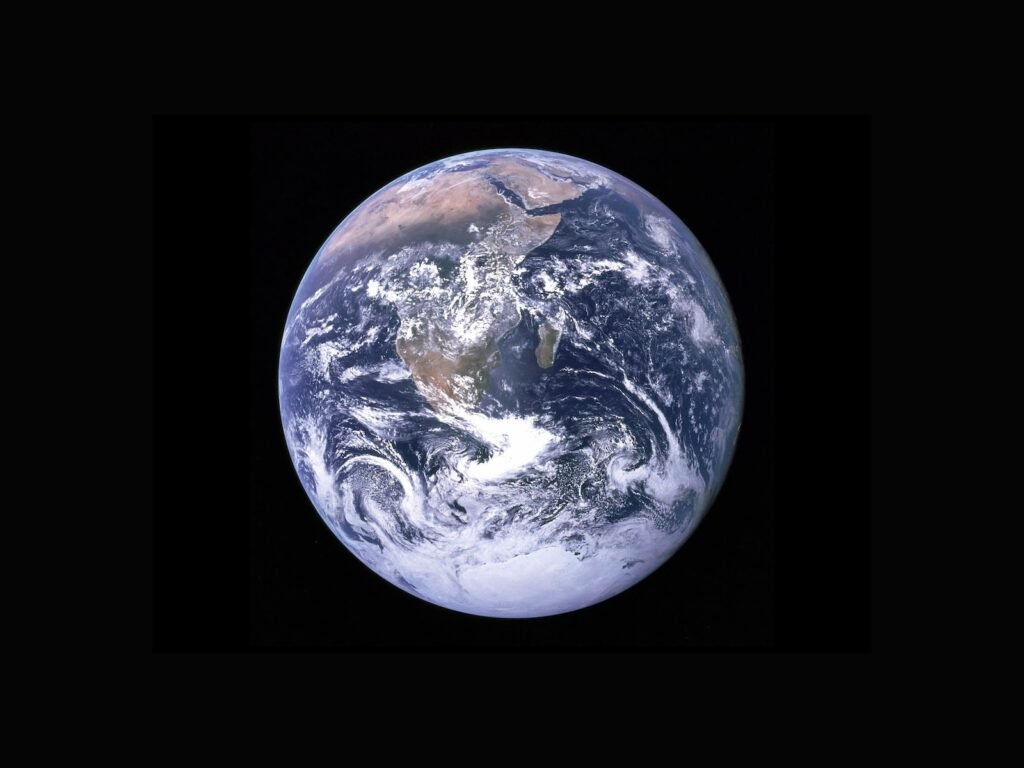The Concept of a Unified World State
The idea of a unified world state, where all nations are governed by a single entity, has been a topic of discussion among scholars, policymakers, and thinkers for centuries. Advocates of this concept argue that a global government would bring about greater stability, justice, and equality in the world. However, skeptics raise concerns about losing national sovereignty and the challenges of managing diverse cultures, economies, and political systems on a global scale. In this article, we will explore the future of global governance and examine the potential benefits and challenges of a unified and just world state.

Historical Perspective: Evolution of Global Governance
Throughout history, the concept of global governance has evolved significantly. From the formation of regional alliances and trade networks to the establishment of international organizations such as the United Nations, nations have increasingly recognized the need for cooperation to address global challenges. The League of Nations, created after World War I, and its successor, the United Nations, have played pivotal roles in facilitating global cooperation and addressing issues such as peacekeeping, human rights, and sustainable development.
Challenges to Global Governance in the Modern Era
Despite the progress made in global governance, significant challenges persist. The rise of nationalist movements, trade conflicts, and geopolitical tensions have tested the effectiveness of international institutions. Moreover, issues such as climate change, terrorism, and economic inequality require global cooperation but often face obstacles due to conflicting national interests. These challenges highlight the need for a more unified and coordinated approach to global governance.
The Need for a Unified and Just World State
Advocates argue that a unified world state would provide a comprehensive framework for addressing global issues. It would ensure that decisions are made based on the collective interest of humanity rather than the interests of individual nations. This would lead to more effective policies to combat climate change, eradicate poverty, and promote peace. Additionally, a unified world state could establish a fair system of global governance that upholds the principles of justice, equality, and human rights.
The Role of Technology in Global Governance
Technology has the potential to revolutionize global governance. Advancements in communication and information technology have made it easier for nations to collaborate and share ideas. Digital platforms can facilitate global discussions, enable real-time data sharing, and enhance transparency in decision-making processes. Furthermore, emerging technologies such as artificial intelligence and blockchain hold promise in improving governance systems, ensuring accountability, and managing complex global challenges.
Economic Implications of a Unified World State
The economic implications of a unified world state are significant. A global government could harmonize trade policies, eliminate barriers to international commerce, and promote fair competition. This would result in increased economic growth, job creation, and improved living standards. However, challenges would arise in managing diverse economic systems, addressing income disparities, and balancing the interests of different regions. Striking a balance between global economic integration and national autonomy would be crucial for the success of a unified world state.
Political Implications of a Unified World State
A unified world state would have profound political implications. It would necessitate a reconfiguration of the global power structure, as decisions would be made collectively rather than by individual nations. This could lead to a more equitable global order, reducing the dominance of powerful nations and giving a voice to all countries. However, concerns about the erosion of national sovereignty and local governance remain significant hurdles that need to be addressed. Striking a balance between global governance and local autonomy would be essential to ensure widespread acceptance of a unified world state.
Addressing Cultural and Social Diversity in Global Governance
One of the biggest challenges in establishing a unified world state lies in managing cultural and social diversity. The world is home to a rich tapestry of cultures, languages, and traditions. Preserving and respecting this diversity while creating a global governance system is crucial. A truly just and inclusive world state would need to ensure that the rights, values, and identities of all individuals and communities are respected and protected. Engaging with and learning from diverse perspectives would be essential for making informed decisions that promote unity and harmony.
The Role of International Organizations in a World State
International organizations would play a crucial role in a unified world state. Institutions such as the United Nations, World Bank, and World Trade Organization would need to be strengthened and reformed to meet the challenges of global governance. They would serve as platforms for dialogue, coordination, and decision-making. However, it would be essential to ensure that these organizations are accountable, transparent, and representative of the diverse interests and voices of all nations.
Ensuring Justice and Equality in a Unified World State
Justice and equality are fundamental principles that should underpin a unified world state. A fair system of governance would need to address historical injustices, economic disparities, and social inequalities. It would promote equal opportunities for all individuals and nations, ensuring that no one is left behind. Strong legal frameworks, effective enforcement mechanisms, and mechanisms for dispute resolution would be essential to uphold justice and equality in a unified world state.
Potential Benefits of a Unified World State
A unified and just world state could bring about numerous benefits. It would enable collective action to tackle global challenges, promote peace and stability, and foster sustainable development. A fair and inclusive global governance system could lead to greater respect for human rights, improved living standards, and a more harmonious international community. By pooling resources, knowledge, and expertise, nations could address pressing issues more effectively and efficiently.
Conclusion: Prospects and Challenges Ahead
The future of global governance is likely to be shaped by the ongoing debates and discussions surrounding the concept of a unified world state. While advocates believe that it holds the potential to create a more just, equitable, and prosperous world, skeptics raise concerns about practicality, sovereignty, and cultural diversity. Striking a balance between global cooperation and local autonomy, addressing economic and social disparities, and ensuring justice and equality would be crucial in realizing the vision of a unified and just world state. As nations continue to grapple with global challenges, the prospects and challenges of a unified world state will remain at the forefront of the global agenda.
As the world becomes increasingly interconnected, the concept of a unified world state continues to be a topic of discussion among scholars, policymakers, and activists. While the idea holds promise in addressing global challenges, it also poses significant challenges in terms of sovereignty, cultural diversity, and economic disparities. The future of global governance will depend on finding a balance between the need for collective action and the preservation of national autonomy. Ultimately, the vision of a unified and just world state rests on the ability of nations to come together, embrace diversity, and work towards common goals for the betterment of humanity as a whole.

